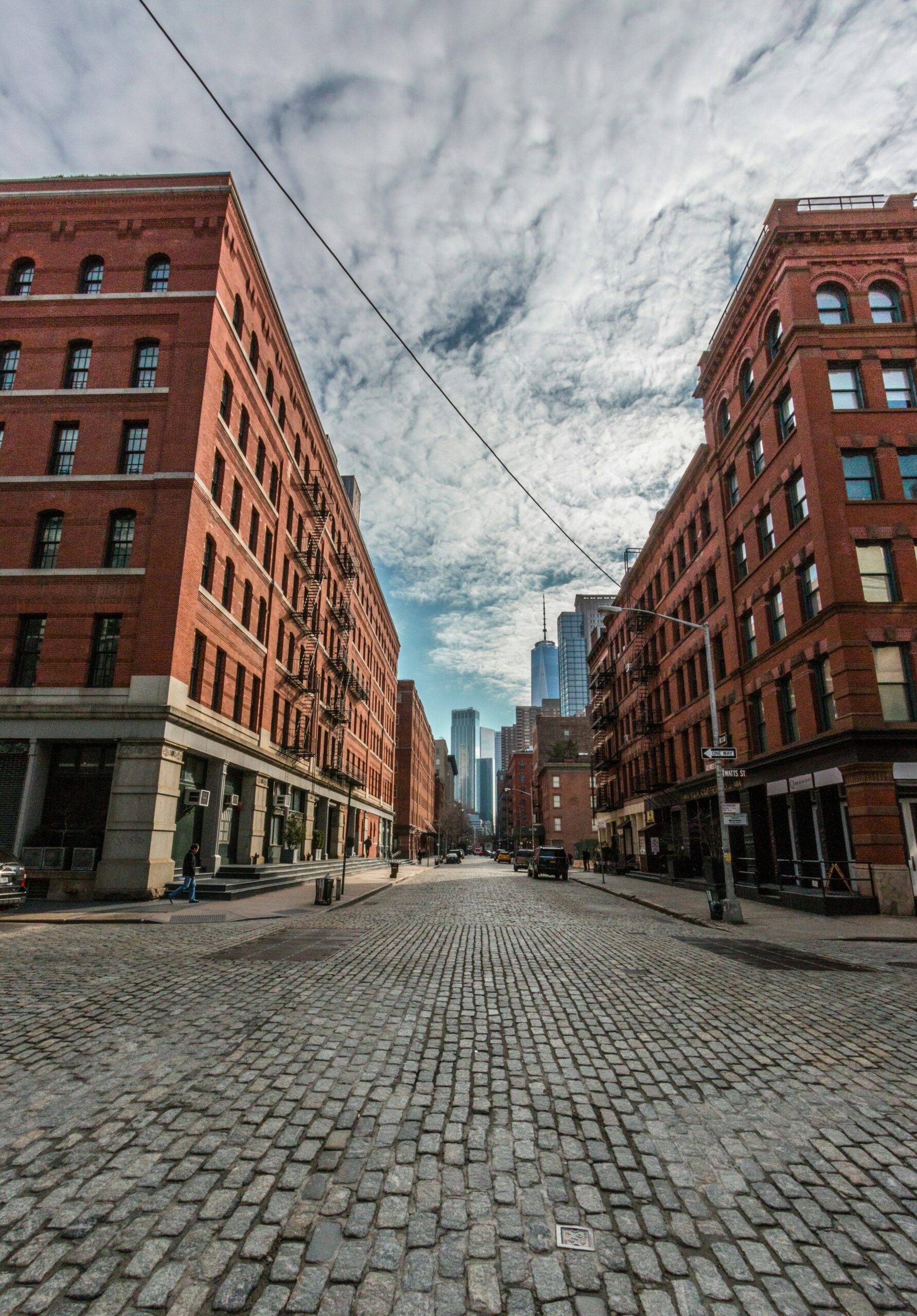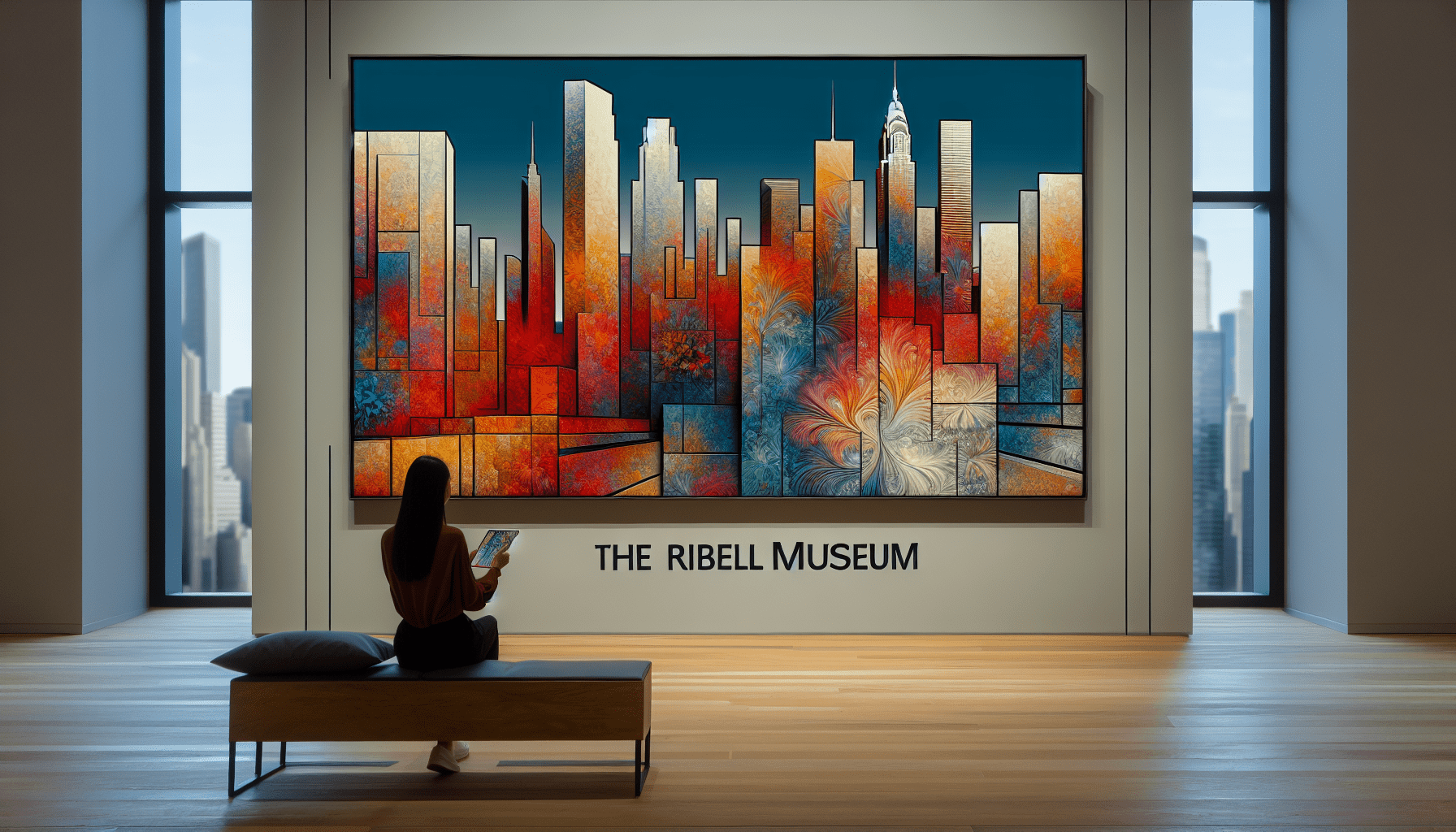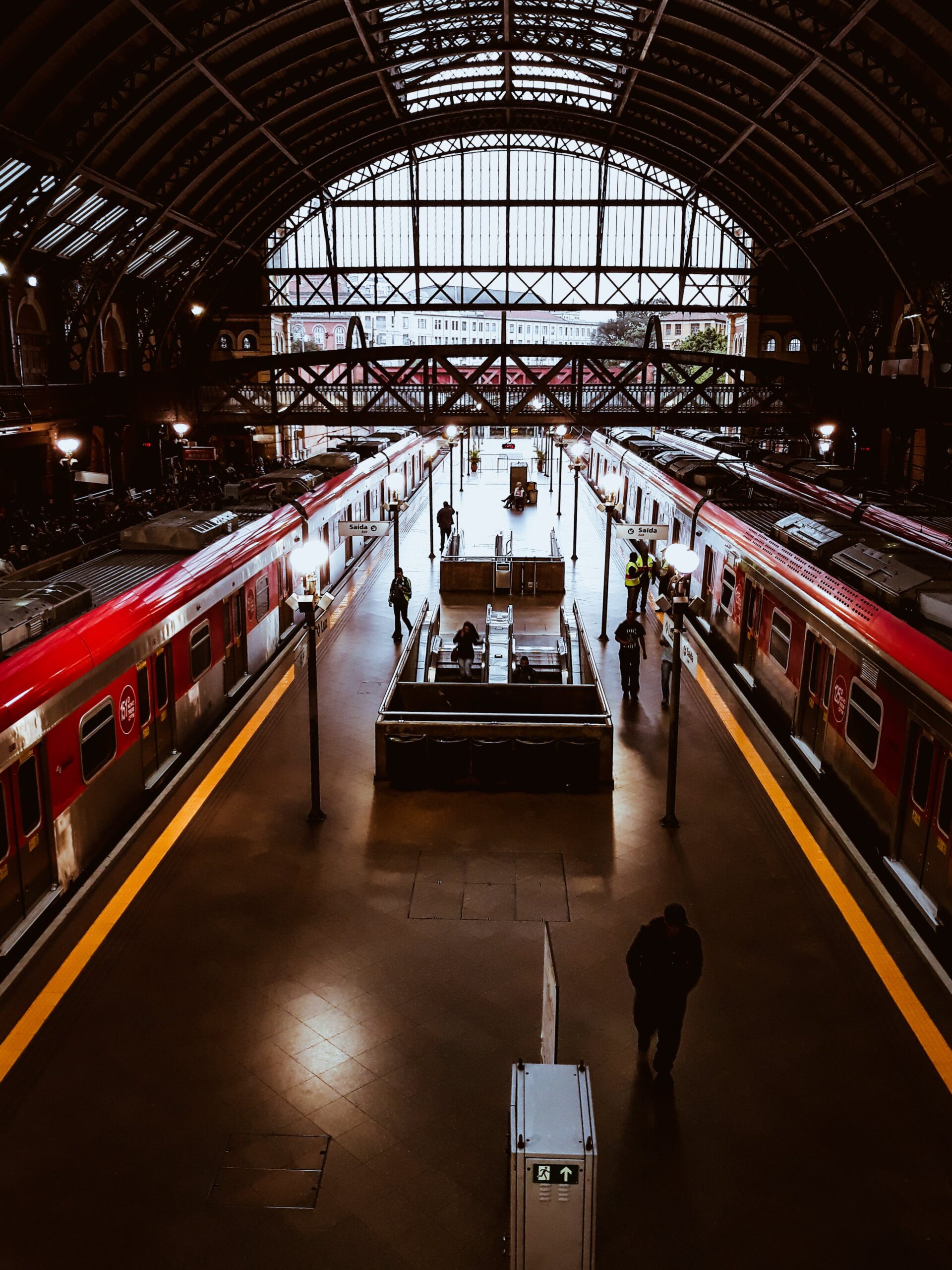adidas Alliance Sackpack, Drawstring, Lightweight Small Gym Bag for Women, Soccer Backpack, Black, One Size
$13.67 (as of April 11, 2025 04:00 GMT +00:00 - More info)Imagine standing in front of the iconic Freedom Tower, soaking in the vibrant history and culture that Miami has to offer. This majestic building isn’t just a feast for the eyes; it’s a treasure trove of stories waiting to be discovered. As you explore the significance of Freedom Tower, you’ll embark on a journey through time, where each corner tells a tale of resilience and hope. This article will not only guide you through the mesmerizing sightseeing opportunities and tours available but also equip you with insider tips and fascinating facts that most people miss. Whether you’re a history buff or someone who appreciates architectural beauty, the Freedom Tower in Miami promises an experience that you won’t forget. So, grab your sunscreen, and let’s uncover the secrets of one of Miami’s most cherished landmarks.
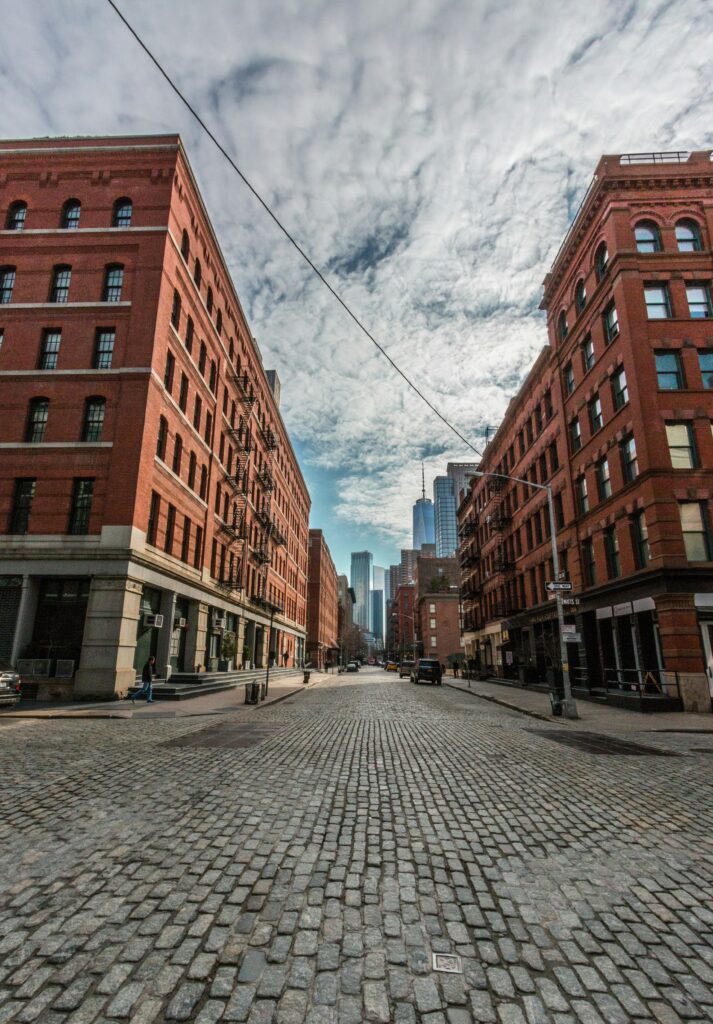
History of the Freedom Tower
The Freedom Tower stands as a towering testament to resilience, freedom, and the spirit of new beginnings. Rooted deep in the fabric of Miami’s history, this iconic building has stories etched into every brick.
Construction
Constructed in 1925, the Freedom Tower was originally designed to house the offices of The Miami News. During this era, the skyscraper emerged as a beacon of optimism, reflecting the booming growth and architectural ambition of Miami. Its design and construction were a clear nod to the economic prosperity of the Roaring Twenties.
Use as a processing center for Cuban immigrants
As time unfolded, the Tower’s purpose underwent a monumental shift. In the 1960s, it transformed into a processing center for Cuban immigrants fleeing Fidel Castro’s regime—a symbol of hope and freedom. Within its walls, many found the assistance they needed to start anew in the United States, earning it the nickname “the Ellis Island of the South.”
Restoration and current use
After years of change and neglect, the Freedom Tower was lovingly restored to its former glory. Today, it serves as a vibrant cultural center, home to the Miami Dade College Museum of Art and Design. It stands not only as an architectural marvel but also as a beacon of history, culture, and education.
Architecture and Design
The Freedom Tower is a masterpiece of architectural design, seamlessly blending aesthetics with symbolism.
Art Deco design
Its Art Deco design reflects an era of glamor, luxury, and exuberance. The Tower’s façade is adorned with intricate decorative elements that capture the eye, embodying the charm and elegance of the 1920s.
Height and structure
Rising majestically, the Tower’s structure is an awe-inspiring sight. Originally one of the tallest buildings in Miami, it boasts a stature that symbolizes strength and endurance. Its robust foundation and towering height make it a resilient monument through the decades.
Symbolism and significance
Beyond its physical beauty, the Freedom Tower is imbued with deep symbolism. It stands as a significant monument to freedom and the American Dream—a testament to the power of hope and perseverance in the face of adversity.
Exterior Features
The Freedom Tower’s exterior is a canvas of architectural brilliance, each feature telling a part of its rich history.
A detailed description of the facade
The Tower’s façade is a striking example of Art Deco design, featuring geometric patterns, vibrant colors, and elaborate details. Its unique blend of Spanish Renaissance and Mediterranean revival styles sets it apart as a landmark of cultural significance.
The clock face
Prominently displayed, the clock face on the Freedom Tower holds a timeless charm. It serves as a reminder of the building’s historical significance and enduring presence in the heart of Miami.
The cupola
Crowning the Tower is the magnificent cupola, visible from afar and symbolizing hope and liberty. Illuminated at night, it serves as a guiding beacon, a reminder of the building’s role as a lighthouse for freedom.
Interior Features
Stepping inside the Freedom Tower reveals a world of beauty, history, and cultural richness.
Entrance and lobby
The entrance and lobby greet visitors with grandeur and elegance. Marble floors, ornate ceilings, and lavish decorations transport guests to a bygone era, setting the stage for the experience that follows.
The Great Hall
The Great Hall serves as the heart of the Freedom Tower, a spacious area where history and culture converge. Its walls, adorned with art and historical exhibits, tell the stories of those who passed through its doors in search of freedom.
Freedom Tower Museum
The Freedom Tower Museum is a treasure trove of artifacts, documents, and photographs, chronicling the Tower’s history as a beacon of hope for Cuban immigrants. It offers a poignant glimpse into their journeys and the impact of the Cuban diaspora in Miami and beyond.
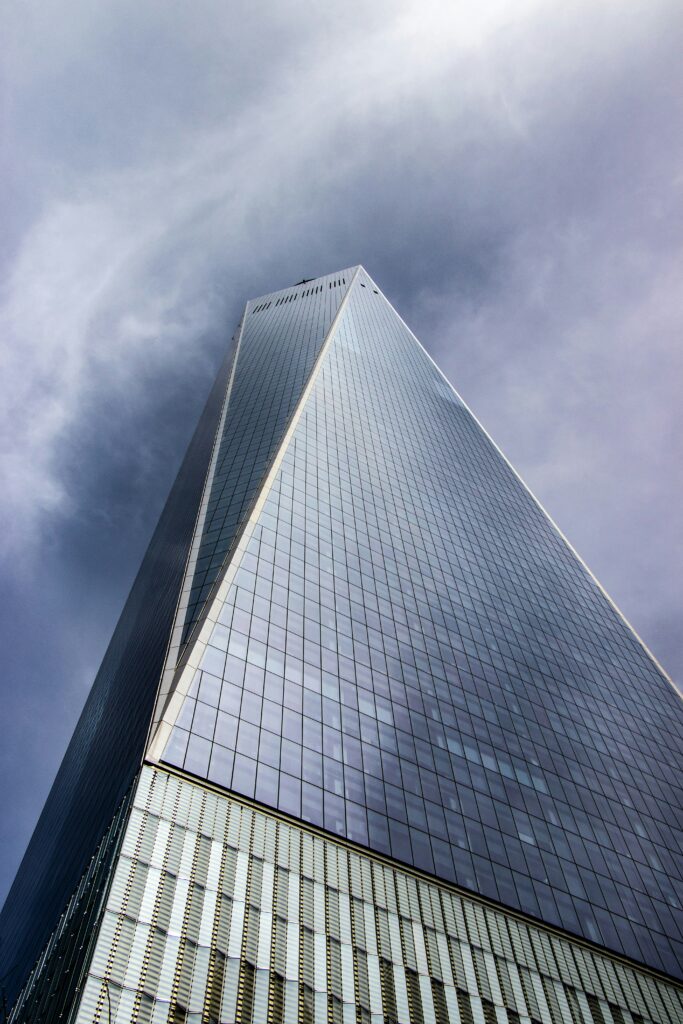
Events and Exhibitions
The Freedom Tower is a dynamic hub of cultural activity, hosting a wide range of events and exhibitions.
Current and upcoming events
From art exhibits and cultural festivals to educational workshops and lectures, the Freedom Tower offers a rich calendar of events. These gatherings celebrate the diverse tapestry of Miami’s community and provide a platform for dialogue and learning.
Permanent exhibitions
The Tower houses several permanent exhibitions that delve into its historical significance and the stories of those who sought refuge within its walls. These exhibitions provide a powerful narrative of struggle, resilience, and triumph.
Art installations and displays
Showcasing contemporary art and historical displays, the Freedom Tower is a beacon for art enthusiasts and historians alike. Its exhibitions feature works by renowned artists and shed light on significant cultural and historical themes.
Landmarks Nearby
Situated in the heart of Miami, the Freedom Tower is surrounded by other notable landmarks worth exploring.
American Airlines Arena
Just a stone’s throw from the Freedom Tower, the American Airlines Arena hosts a plethora of events, from sports matches to concerts and shows, offering entertainment for everyone.
Bayside Marketplace
Nearby, the Bayside Marketplace offers a vibrant mix of shopping, dining, and entertainment options, with stunning views of Miami’s waterfront.
Bayfront Park
A short walk away, Bayfront Park provides a serene escape with lush landscapes, sculptures, and monuments, perfect for a leisurely stroll or a peaceful moment of reflection.
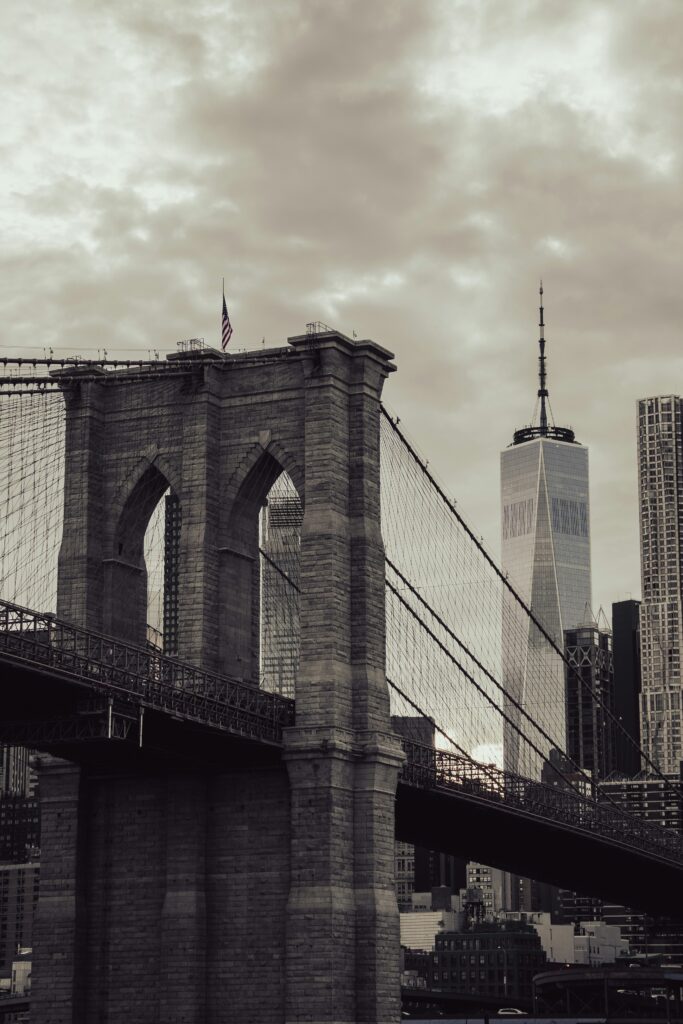
Visiting Information
Planning your visit to the Freedom Tower? Here’s what you need to know.
Address and contact details
The Freedom Tower is located in the heart of downtown Miami. For the most up-to-date information on visiting hours and special events, it’s best to contact Miami Dade College Museum of Art and Design directly.
Opening hours and admission fees
The Tower has specific opening hours, which can vary based on exhibitions and events. Admission fees are generally nominal, with special rates for students, seniors, and military personnel. Certain events and exhibitions may have separate pricing.
Accessibility and facilities
The Freedom Tower is accessible to visitors with disabilities, offering facilities such as elevators and accessible restrooms. There are also amenities for the convenience of all visitors, including a gift shop and visitor information services.
Guided Tours
Experience the Freedom Tower in depth with a guided tour, where you can uncover hidden stories and details that bring its history to life.
Types of tours available
A variety of guided tours are available, ranging from general historical tours to thematic tours focusing on specific aspects of the Tower’s history and architecture.
Tour duration and highlights
Tours typically last between one and two hours, offering insights into the Tower’s architecture, art collections, and historical significance. Highlights include the Great Hall, the Freedom Tower Museum, and the panoramic views from the cupola.
Booking information
To book a tour, it’s recommend to check the Freedom Tower’s or Miami Dade College Museum of Art and Design’s official channels for availability, tour types, and reservation requirements.

Tips for Visitors
Make the most of your visit to the Freedom Tower with these tips.
Best time to visit
The best time to visit the Freedom Tower is during weekday mornings when it’s less crowded, offering a more intimate experience. Keep an eye on the event calendar for special exhibitions and events that might coincide with your visit.
Parking and transportation options
Parking can be found in nearby lots and garages, with public transportation options available for ease of access to the Tower. Consider using Miami’s Metromover for a convenient and free way to reach the area.
Recommended nearby restaurants and cafes
Enhance your visit with a culinary experience at one of the many restaurants and cafes nearby. From casual bites to fine dining, the area around the Freedom Tower offers diverse options to suit every taste and budget.
Little-Known Facts and Trivia
Discover some fascinating tidbits about the Freedom Tower that add layers to its rich history.
Connection to Cuban immigration
The Tower’s role in Cuban immigration is well-documented, but many are unaware of the individual stories of hope and resilience that played out within its walls—stories of families reuniting and starting fresh chapters in America.
Formerly known as the Miami News Tower
Before its role in Cuban immigration, the Tower housed The Miami News. Its original purpose as a newspaper office is a testament to its adaptability and enduring significance in Miami’s history.
Movie appearances
The Freedom Tower has made cameo appearances in films and TV shows, serving as a symbolic backdrop to stories of freedom, struggle, and triumph—echoing its real-world role as a beacon of hope and resilience.

